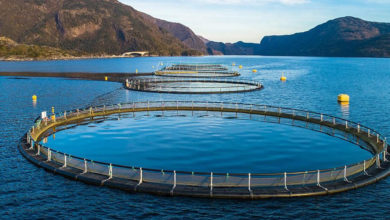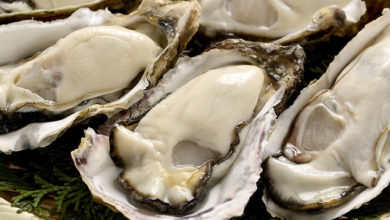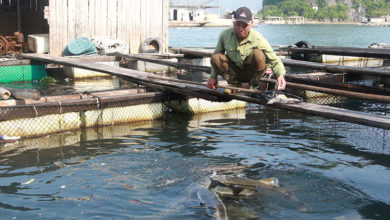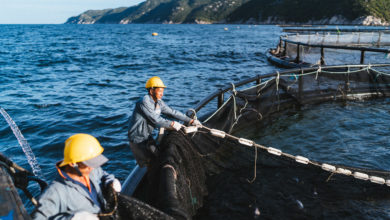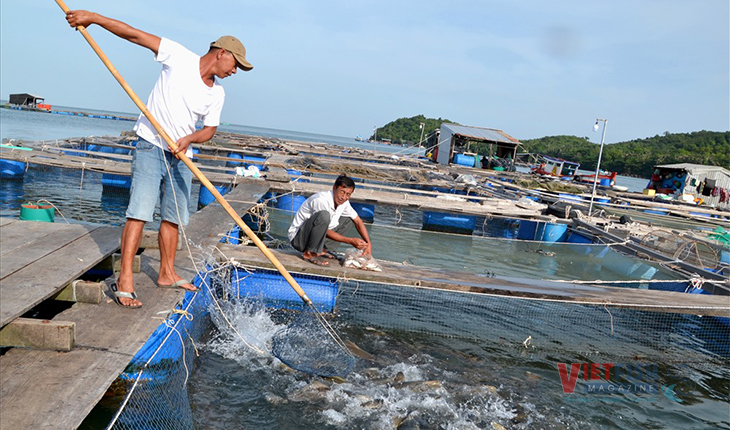Vietnam shifts to sustainable fisheries with aquaculture focus
Reducing overfishing and promoting aquaculture have been identified as two key pillars in Vietnam’s strategy for sustainable fisheries development. The direction was outlined by Deputy Minister of Agriculture and Environment Phung Duc Tien at the recent national conference on “Sustainable, Responsible and Efficient Fisheries” held in Thanh Hoa province on April 11.
Vietnam’s long-term marine economic development strategy, which runs through 2030 with a vision to 2045, prioritizes restructuring fishing activities. This includes reducing nearshore fishing, encouraging offshore and deep-sea operations aligned with ecosystem recovery capacity, and simultaneously providing vocational training and career transition support for coastal fishers.
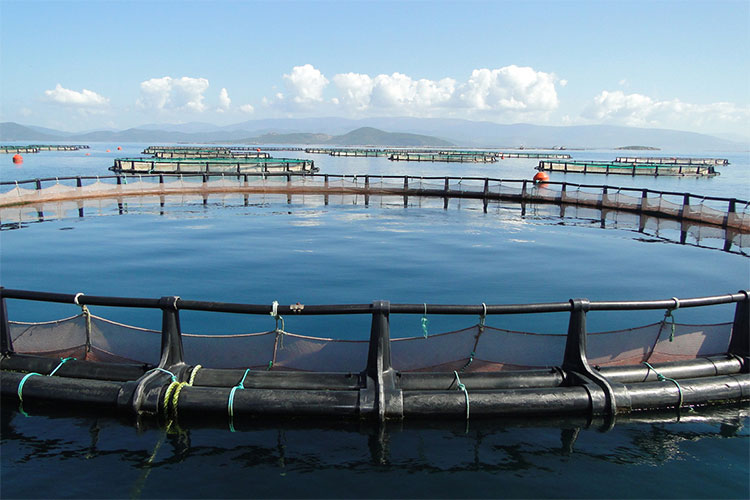
While acknowledging progress made over the past four years, Deputy Minister Tien noted that several bottlenecks remain. Chief among them is the slow and ineffective transition of fishing vessels, particularly inshore boats, to alternative livelihoods. “Only a small number of vessels have successfully transitioned to new professions. Many pilot programs have failed to deliver sustainable outcomes,” he said, citing inadequate support policies and impractical implementation mechanisms.
The second major challenge lies in the underdeveloped potential of marine aquaculture. Despite Vietnam’s natural advantages, the sector faces hurdles such as limited legal frameworks, inadequate planning and infrastructure, a shortage of skilled labor, and lack of effective incentives to shift fishing communities toward aquaculture. Marine conservation efforts also lag behind, with protected areas covering only 6% of the total target. Community-based co-management groups remain underutilized, and enforcement of IUU (Illegal, Unreported, and Unregulated) fishing regulations remains inconsistent across provinces.
To address these gaps, the Deputy Minister emphasized a three-pronged approach: reducing overfishing, boosting aquaculture, and strengthening marine conservation. He called for a thorough review of Vietnam’s fishing fleet and practices, more rigorous vessel registration and tracking, and enhanced traceability systems for seafood. He also urged investment in modern aquaculture technologies and post-harvest processing to improve product value and competitiveness.
Tran Dinh Luan, Director General of the Directorate of Fisheries, echoed the sentiment, stating that reducing nearshore fishing and scaling up aquaculture is the only sustainable path forward. “As long as coastal communities struggle to earn a stable income, destructive fishing practices will continue. We need to improve livelihoods first to change behavior,” Luan noted. He also highlighted the importance of local government leadership and innovative models already being piloted in some provinces.
“If our coastal villages can become places where people want to live and work, they will also become places where international organizations and investors want to collaborate,” Luan concluded.
VFM


